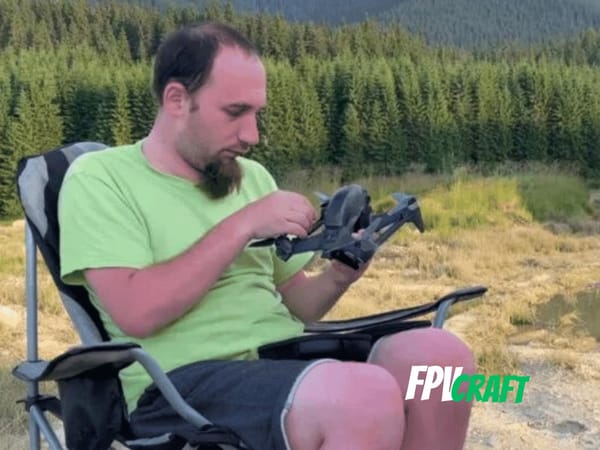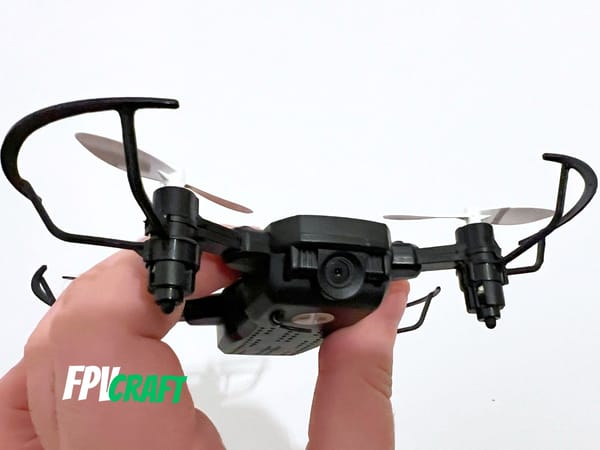DJI FPV Battery Best Practice - How to Protect it
If you know how easily the DJI FPV batteries fail, you're on the right track to find the best practice to keep them safe.
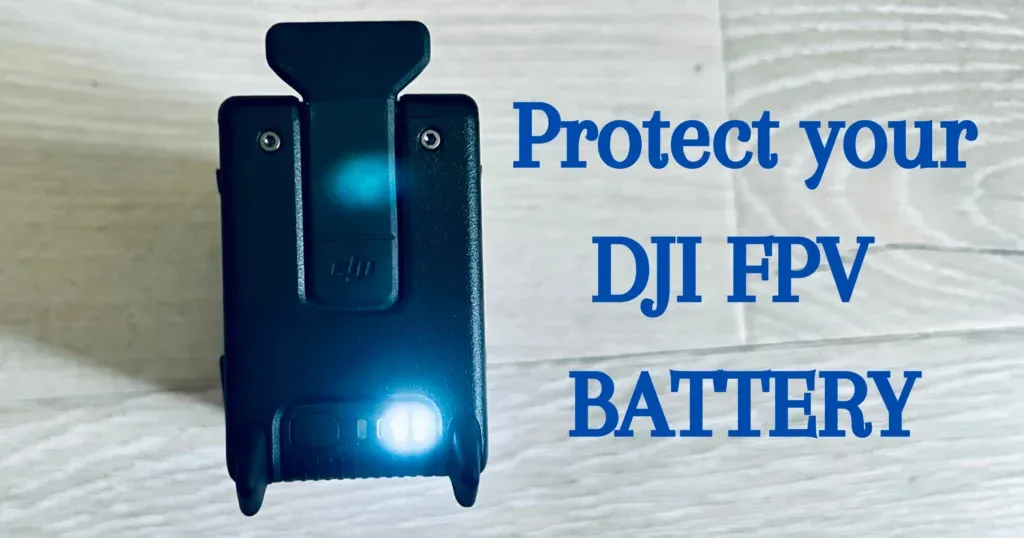
If you have a DJI FPV Drone, then I advise you to take care of your batteries and avoid damaging them as I did. I had learned from my own mistakes, and it was too late for me to research and study how to keep my DJI FPV batteries safe and avoid damaging them.
But it may not be too late for you, and if your DJI FPV batteries are still good, then you are about to learn the best practices.
To tell you shortly, I had 3 DJI FPV Batteries in total for my drone. Two of them are already disposed of, and the third one is at 3/4 of its capacity because I had ignored all the safety warnings and tips to keep my batteries safe.
Shortly, I lost quite a lot of money because a DJI FPV Battery is unjustifiable expensive. But now I know the best practices, and I want to share them with you in this post.
Cycle the batteries once in a while and check them more often.
This was my biggest mistake. I had left my batteries (charged after a flight session) for months until my subsequent use. Typically, to store a DJI FPV Battery, same as with other DJI and LiPo batteries in general, it is recommended to keep them at around 50% charge.
I didn’t care too much because I knew that the DJI FPV batteries have a safety feature that auto discharges the battery to around half capacity after a few days of inactivity for long-term storage.
However, long-term storage doesn’t mean we should leave these costly batteries unsupervised for months. And this was my biggest mistake.
What to do: Check your batteries every month or so to see their charge level. If it dropped under two lights out of 4, charge it. It is recommended to have a complete battery cycle (use it) every now on then.
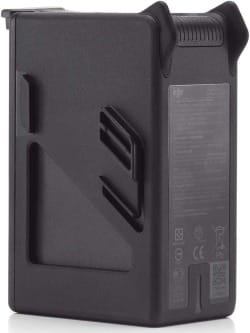
DJI FPV Battery
- Intelligent flight battery provides up to approximately 20 minutes of flight time
- Built-in intelligent battery management system
- Performance: The rated capacity for each battery is up to 44.4 Wh, supporting flight for up to approximately 20 minutes
- Product Type - BATTERY for DJI FPV drone
This is an affiliate link. We earn a commission if you make a purchase, at no additional cost to you.
As I didn’t have any cycles during this time and my batteries were stored only, probably inadequately, these started to drop under 50% to 0% (fully discharged). At this point, one battery out of 3 was completely dead, the second one had some juice left in it, and the 3rd one was okay.
This happened well before 2nd-time long-term storage for six months. The second battery ultimately died, and my 3rd battery is now at about 80% total capacity; therefore, I made the same mistake twice!
Remember to also store them in a good place (temperature and humidity-wise).
Also Check: 27 FPV Tips to Know Before Flying FPV Drones
Battery Operating Temperature Range
Well, I have used my drone more than a few times in hot summers in my country with temperatures over 40 degrees Celsius.
I am simply wondering how my drone never fell out of the sky, but I do think that flying at these extreme temperatures may have a massive impact on your battery life.
DJI recommends an operating temperature range between -10 degrees Celsius and +40 degrees Celsius(14*F to 104*F).
I would strongly recommend you not to fly close to those extremes because it may affect your drone and overall battery life and ultimately damage your battery.
» READ MORE: Can FPV Drones Start a Fire?
Do not discharge your battery to EMPTY while flying
We all want to get as much juice as possible from our drone, but forcing a battery to be depleted while flying puts your drone at risk and will reduce the battery span life overall.
I always like to land my drone now with at least 20% battery left.
Charging/discharging the DJI FPV batteries awful practice.
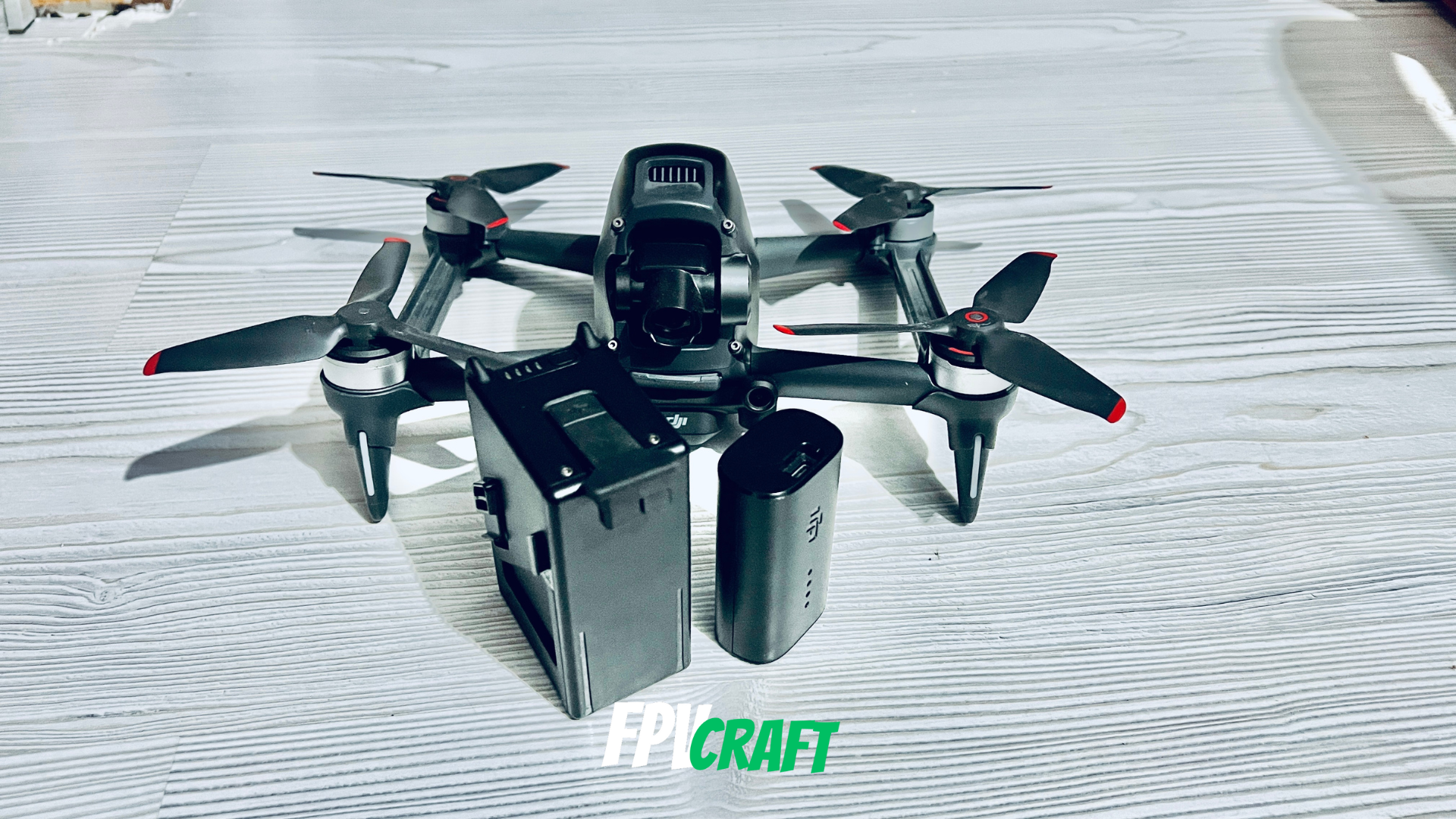
- To charge the DJI FPV Battery directly after a flight – is a terrible practice as the battery may be already warm or hot, forcing the battery temperature to rise even more. Let it cool down before charging.
- Charging the battery in an inadequate temperature environment. – such as in scorching weather or well below freezing (if you are charging it on the go)
- Using 3rd party chargers – those charges may not have safety features as the DJI FPV charger has, and moreover, the charging current may be different (e.g. above 1C). Using currents above 1C may force it to charge the battery quicker, but with a massive risk of damaging it or, in the best case scenario, decreasing its lifespan.
- Another bad practice is to keep using the battery, even if it’s just slightly damaged after a crash.
But why should the DJI FPV Batteries be avoided for charging or use in hot environments?
Overheating a LiPo battery is the worst course of action. A hot battery decreases its lifespan by large margins and comes with the risk of catching fire.
Although the DJI FPV battery has many safety features to avoid such events, still, it should never be used while hot.
Thank you for reading this article. Please have a quick look at our website’s safety warning (we should not be held accountable for your actions in any case).
I hope you have a good day. Follow our blog for more information and similar articles.
How Far Can You Fly the DJI FPV Drone?



